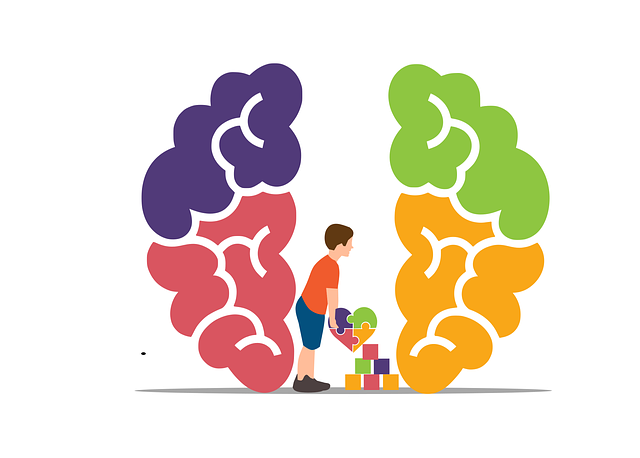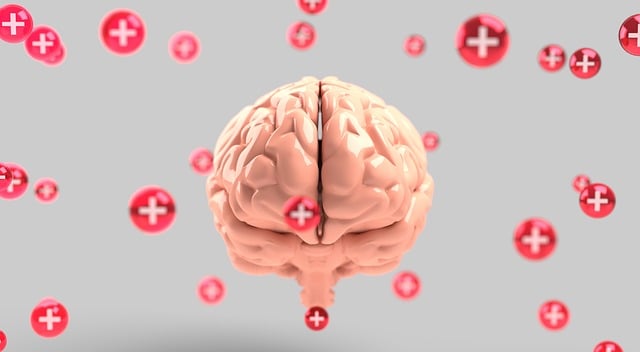Resilience, Faith, and Mindfulness (RFM) exercises offer a transformative path for young adults facing spiritual-religious challenges, integrating mindfulness practices with faith-based self-care. By incorporating RFM into therapy, community programs, and awareness campaigns, we provide accessible tools for emotional well-being, fostering mental health literacy. Effective sessions create safe, inclusive environments encouraging open dialogue, blending traditional teachings with modern therapeutic techniques for enhanced healing. Structured exercises guide participants from acknowledging struggles to cultivating coping mechanisms, promoting long-term well-being and connection to their inner selves. Group sessions facilitate discussions, mindfulness exercises cultivate present-moment awareness, and building faithfulness explores personal values for strength and purpose, ultimately empowering young adults with mental health coping mechanisms.
“Resilience is a powerful tool for young adults navigating life’s challenges, and the Religion and Faith (RFM) dimension offers a unique approach to building mental fortitude. This article explores how RFM can be harnessed through targeted exercises to enhance resilience in this demographic. We delve into the significance of spiritual-religious practices in therapy for young adults dealing with various spiritual-religious issues. By designing and implementing these exercises in a supportive environment, professionals can empower individuals to cope better, fostering overall well-being.”
- Understanding RFM and Its Impact on Young Adults
- Designing Spiritual-Religious Resilience Building Exercises
- Implementing RFM in a Supportive Environment for Young Adults
Understanding RFM and Its Impact on Young Adults

For young adults grappling with spiritual-religious issues, understanding and implementing Resilience, Faith, and Mindfulness (RFM) exercises can be transformative. RFM combines self-care practices centered around mindfulness and faith, equipping individuals with powerful tools to navigate life’s challenges. These exercises foster resilience by teaching coping mechanisms that enhance emotional well-being and provide a sense of purpose, particularly in the face of adversity.
Incorporating RFM into therapy for young adults goes beyond addressing symptoms; it empowers them to develop lasting coping strategies. Community outreach program implementation and public awareness campaigns development focused on RFM can reach a wide audience, providing accessible self-care practices that promote mental health literacy. By integrating spiritual and religious elements into mainstream wellness initiatives, we acknowledge the profound impact of faith on resilience building, offering a holistic approach to supporting young adults in their journey towards emotional well-being.
Designing Spiritual-Religious Resilience Building Exercises

In designing Spiritual-Religious Resilience Building Exercises for therapy among young adults grappling with spiritual and religious issues, it’s essential to create safe, inclusive spaces that foster open dialogue and empathy building strategies. Incorporating practices like mindfulness meditation can significantly enhance emotional healing processes by encouraging introspection and self-awareness. These exercises should blend traditional spiritual teachings with modern therapeutic techniques to cater to diverse beliefs and backgrounds, fostering a sense of belonging and understanding.
The curriculum must be thoughtfully structured to guide participants through various stages of emotional healing, from acknowledging their struggles to cultivating coping mechanisms rooted in their faith or spiritual beliefs. By integrating these practices into therapy sessions, professionals can help young adults navigate their spiritual-religious issues with resilience, providing them the tools necessary for long-term well-being and a stronger connection to their inner selves.
Implementing RFM in a Supportive Environment for Young Adults

Implementing RFM (Resilience, Faithfulness, and Mindfulness) in a supportive environment tailored for young adults offers a powerful approach to addressing spiritual-religious issues alongside therapy for anxiety relief and burnout prevention. This method fosters a sense of belonging and purpose by integrating practices that enhance emotional well-being and build resilience. Through group sessions, individuals can engage in open discussions, sharing their experiences and developing communication strategies to navigate life’s challenges with greater equanimity.
The RFM framework provides a structured yet flexible toolkit for young adults grappling with anxiety, burnout, or spiritual crises. Mindfulness exercises cultivate present-moment awareness, helping individuals detach from negative thought patterns and gain perspective on their feelings. Building faithfulness involves exploring personal values and beliefs, which can serve as a source of strength and purpose during stressful times. Ultimately, these practices empower young adults to develop coping mechanisms that promote mental and emotional health while fostering a deeper connection with themselves and their communities.
Resilience building exercises, particularly those infused with spiritual and religious elements (RFM), offer a promising avenue for therapy in addressing young adults’ psychological well-being. By designing tailored interventions within a supportive environment, we can empower this demographic to navigate life’s challenges more effectively. Incorporating RFM into existing support systems recognizes the profound impact it can have on young adults, fostering not just recovery but also a deeper sense of purpose and spiritual connection. This approach has the potential to revolutionize how we support vulnerable individuals, helping them find strength in their beliefs and build resilience for a fulfilling future.










